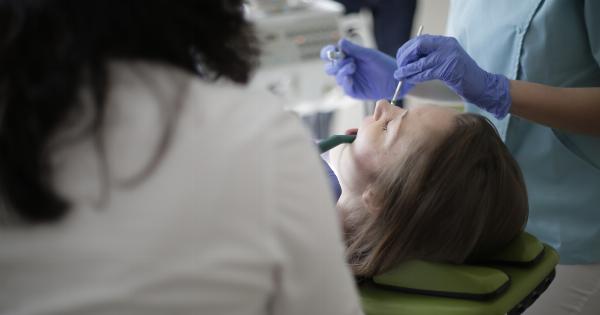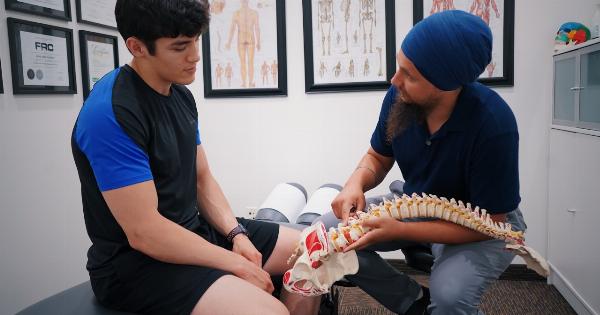In certain situations, experiencing certain symptoms warrants immediate medical attention. Being aware of these symptoms and knowing when to seek emergency care can be crucial to your health and well-being.
Prompt medical intervention can often make a significant difference in the outcome of certain conditions. If any of the following symptoms occur, it is important to seek emergency care without delay:.
1. Chest Pain
Chest pain can be a symptom of a heart attack, especially if it is accompanied by shortness of breath, lightheadedness, sweating, or pain radiating to the arm, jaw, or neck.
Don’t ignore chest pain; it is always best to be safe and seek immediate medical attention.
2. Severe Abdominal Pain
Severe abdominal pain may be a sign of various conditions, including appendicitis, gallstones, or a ruptured organ.
If the pain is intense and constant, or if it is associated with other concerning symptoms such as vomiting or fever, it is important to go to the emergency room.
3. Difficulty Breathing
Sudden onset of severe shortness of breath or difficulty breathing can indicate a serious respiratory problem, such as a severe asthma attack, pulmonary embolism, or heart failure.
Prompt medical care is vital in such situations to prevent further complications.
4. Head Trauma
If you experience a head injury that results in loss of consciousness, seizures, severe headache, or vomiting, it is crucial to seek immediate emergency care.
These symptoms may be indicative of a more severe underlying issue, such as a concussion or a brain bleed.
5. Severe Allergic Reactions
Anaphylaxis is a severe, life-threatening allergic reaction that may cause difficulty breathing, swelling of the face or throat, hives, or a sudden drop in blood pressure.
If you or anyone around you experiences these symptoms after exposure to a known allergen, call emergency services immediately.
6. Suicidal Thoughts or Intentions
If you or someone you know is contemplating self-harm or has made suicidal statements, it is crucial to immediately seek emergency care.
Mental health professionals and emergency services can provide the necessary support and intervention during critical times.
7. Severe Bleeding
Uncontrolled bleeding that can’t be stopped with basic first aid measures needs emergency care. This could be due to a major injury, a deep cut, or even a spontaneous bleed.
Seeking prompt medical attention can help prevent excessive blood loss and reduce the risk of complications.
8. Stroke Symptoms
If someone is displaying sudden numbness or weakness in their face, arm, or leg, especially on one side of the body, along with confusion, trouble speaking or understanding speech, difficulty walking, dizziness, or severe headache, it may be indications of a stroke. Quick medical attention is essential to minimize brain damage and improve outcomes.
9. Seizures
Seizures can be caused by various factors, and if not controlled promptly, they can pose a serious risk to the individual experiencing them.
If a seizure lasts longer than five minutes, or is followed by another seizure without an intervening period of consciousness, seek emergency medical care immediately.
10. Persistent High Fever
If you or your child has a fever that consistently remains high (above 103°F or 39.4°C) and doesn’t respond to over-the-counter fever-reducing medication, it may indicate a more severe underlying infection.
In such cases, immediate medical evaluation is recommended.
Remember, promptly seeking emergency care when experiencing any of these symptoms can ensure that you receive appropriate medical attention and increase your chances of a positive prognosis.
Always trust your instincts and never hesitate to seek help when in doubt.
























